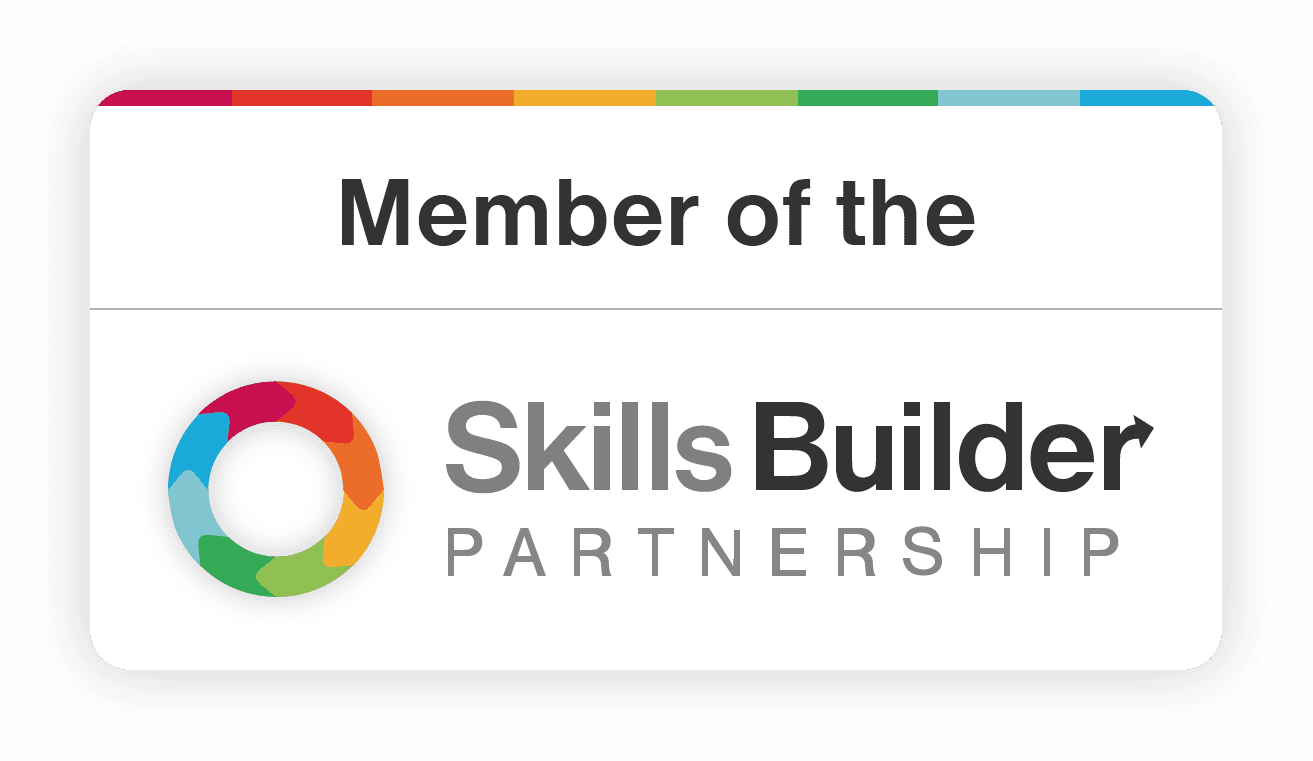How we intend to use the grant
- Improved parental engagement and communication – An identified home-school worker to build stronger relationships, improve communication between the academy and home and be an identifiable point of contact for families
- Improved communication skills and interaction with the environment – Investment in ICT cameras and microphones to aid remote communication and engagement
- Improved self-regulation and preparation for learning – Development of safe spaces and new self-regulation equipment for each class to support reintegration to the academy and our routines
- Rapid recovery to pre-lockdown levels – Creation of a bespoke recovery curriculum that meets the needs of individuals
- Minimise disruption to learning and time lost through difficult transitions – Provide a low stimulus environment in each ASD class and around walkways, clear instructions and timers
- Improve overall fitness and wellbeing – Improvements to outside learning environments
How we will assess the effect of this expenditure on the educational attainment of our children
When measuring the progress of our strategic plan we will be led by the needs of the pupils. This will be informed by our knowledge of pupils’ experiences and through liaison with families and multi-agency partners.
We understand the importance of the plan’s flexibility, and as such, have not imposed milestones to track impact. As our understanding of the differing needs of our pupils develops upon their return to school, we will be guided by the voices of our pupils and their families when allocating resourcing and financing activities.
We will measure the impact our individual pupils make by:
- Listening to what our pupils and their parents/carers tell us
- Monitoring progress against outcomes from EHCP
- Evaluating progress across curriculum through data capture
- Scrutiny of pupil work and observations of learning
We will measure the progress of our strategic plan by:
- Termly monitoring visits by the link governor
- Reports to IEB/Governing Body
- Financial monitoring
- Staff reflection and review
- Parental feedback
- Feedback from multi-agency partners, through conversations, reports and tracking
